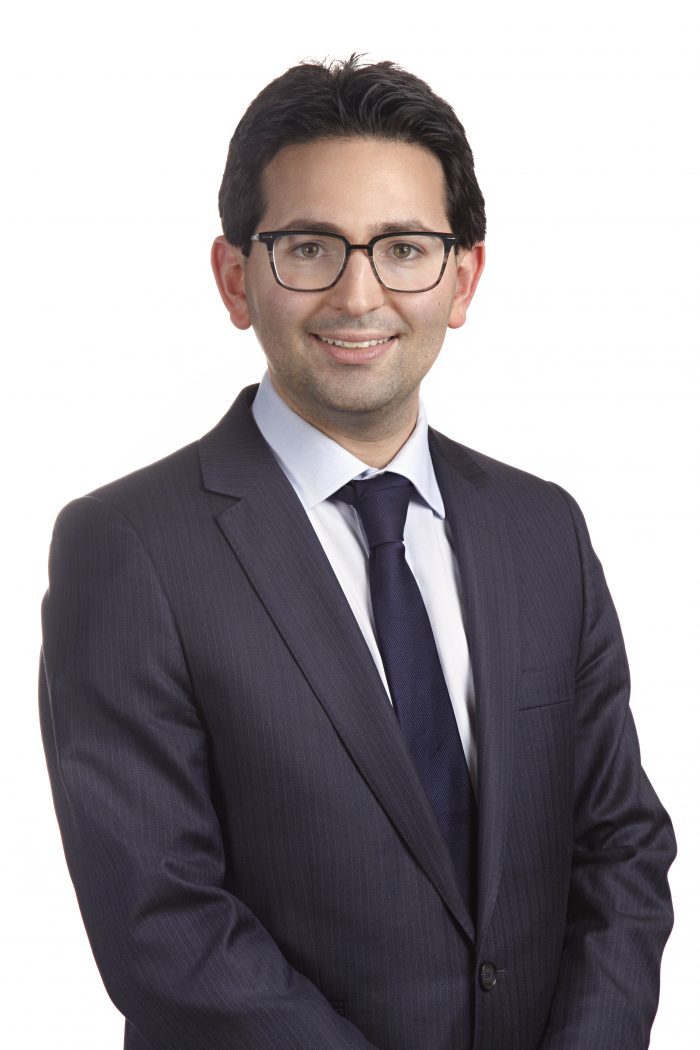Barrister (Commercial & Construction) & City Councillor
Bachelor of Laws (Hons) at the University of Melbourne.
The training experience between Leo Cussen and law school could not have been more stark. I left law school feeling that I knew an awful lot about the law itself, what I would be advising clients about, but not anything about how to advise them. It was very academic, probably too academic in this day-and-age. My time at Leo Cussen gave me a taste of just how to do that, that is, what I call the managerial side of the law, and which will help you decide whether a job as a lawyer is ultimately for you.
I read a lot of non-fiction during high school, starting with business case studies. When work experience came around at the end of year 9 (around 2003), I spent two weeks in the city shadowing a barrister; I recall sitting in on a mediation he participated in at Seabrooke Chambers, watching a murder trial in the Supreme Court, litigation involving my synagogue (again in the Supreme Court), and an inquest into the death of Jaidyn Leskie. From there, I read a number books authored by Harvard law school Professor Alan Dershowitz, who combined with academic work with law practice through his career. I would say, on reflection, that the judiciary probably has greater cultural prominence in America than here, where the law seems to entail far less drama.
I wasn’t really focused on what area I would be practising during my undergraduate studies, although I had my favourites like employment, constitutional, and property. I have ended up with a broad commercial practice, focusing on my interest in construction law, which came about during my Masters studies; I thought when it was offered in my undergraduate course that it sounded so mundane, but that could not be further from the reality.
I didn’t manage to secure myself a clerkship (I ended up doing some subjects over a summer period that took away my scheduled penultimate year), and for me, I wanted to get as close to engaging in legal practice as I could, something I felt that only Leo Cussen offered. The practical assessment structure also appealed to me over exams and assignments.
The optional advocacy unit taught my Laurie Robson and Max Perry, which helped restore my confidence following some bad law school experiences.
I started the course without an idea of what it was like to work as a solicitor (and with hindsight, I should have looked for work experience during law school), and the day-to-day managing of files. As bad as it sounds, the course made it clear to me that my long-term future in the law was not as a solicitor, but at the Bar, where I have ultimately ended up.
I think the social interactions with your peers, throughout the course, is an important part of appreciating what it takes to build a successful legal practice. You cannot be tied to your desk during the work week, as a barrister or a solicitor, and must get to know people (specifically, your prospective clients, because the work needs to come from somewhere). I spent time building some lasting friendships of Leos, many of which have led to a good working relationship between myself as a barrister and solicitor colleagues. The law is a social profession, and you only spread your wings if you take that onboard.

